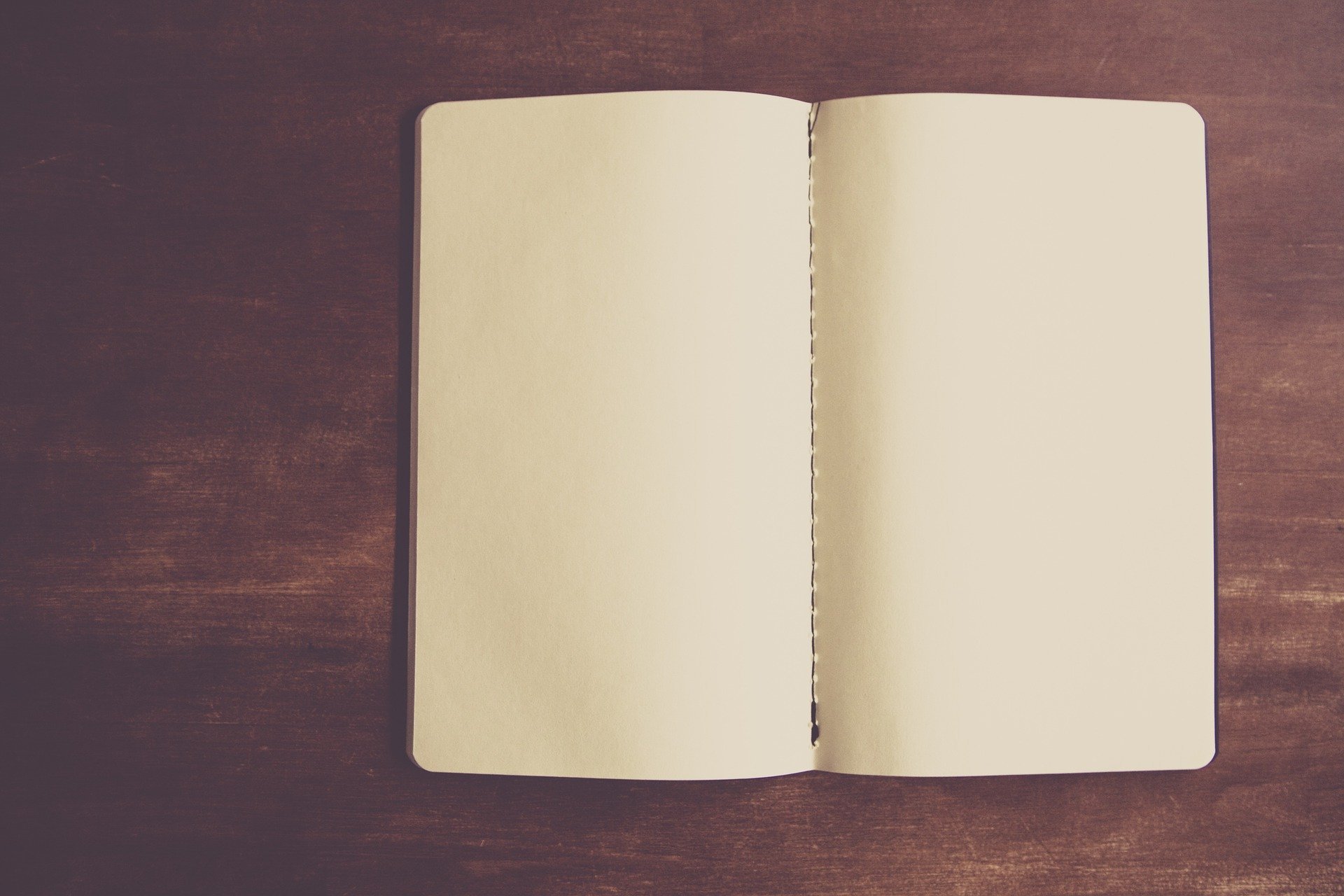What is Journaling And How To Start
Introduction
In this post, we’ll talk about what journaling is, give you some examples for inspiration, and provide tips for getting started with journaling at home.
What is Journaling?
Journaling is the process of capturing what’s going on in your life. It’s a way of capturing and processing your thoughts and emotions. You typically spend a few minutes a day hand-writing in a notebook. What you write is totally up to you, and you may choose to keep this private.
Why is Journaling Important?
Journaling has many scientific benefits including reducing stress, boosting your mood, reducing blood pressure, helping you achieve goals, find inspiration and boost your memory.
Studies have even shown that it can help you sleep better, boost your immune system and increase your IQ!
Real Examples of Journaling
Here are some examples of different ways to journal to inspire you to get started:
1. Gratitude journal: write down 5 things you are grateful for
2. Free-writing: start by capturing whatever’s going on around you, and write whatever comes into your head
3. Bullet journaling: tends to combine planning and organisation with meditative writing – think of it like a creative planner
4. Write a letter: try penning a letter to a friend, family member of yourself – you may choose to write to your future self!
5. Use prompts: there are lots of journaling prompts available online but here’s a couple to get you started.
Tips for Journaling
There isn't a "right" way to journal. All you need to do is grab a notebook and a pen and write down anything that comes in your head.
Start small, think about finding a couple of minutes a day – perhaps before bed to get started.
Find a regular time of day to journal - some people prefer first thing as part of their morning routine but I prefer doing it before bed myself.
Avoid reading back what you’ve written straight away. In time you may want to read things back but at the time of writing it’s best to just write whatever’s in your head and leave it on the page, otherwise you can be tempted to chop and change your natural thoughts.
Conclusion
Journaling is a really cheap self-care method – there are so many health benefits from this simple practice! I find that it really helps process what’s going on in my head, and I definitely notice a positive difference on my mental health when I do it regularly!
There’s not a single way to do it, but if you struggle to write freely you may wish to use a structure or prompts to help you get started.
If you want to receive inspiration and tips to feel healthier and happier every Monday then sign up to The Honeycomb, my weekly newsletter. Click here to sign up







